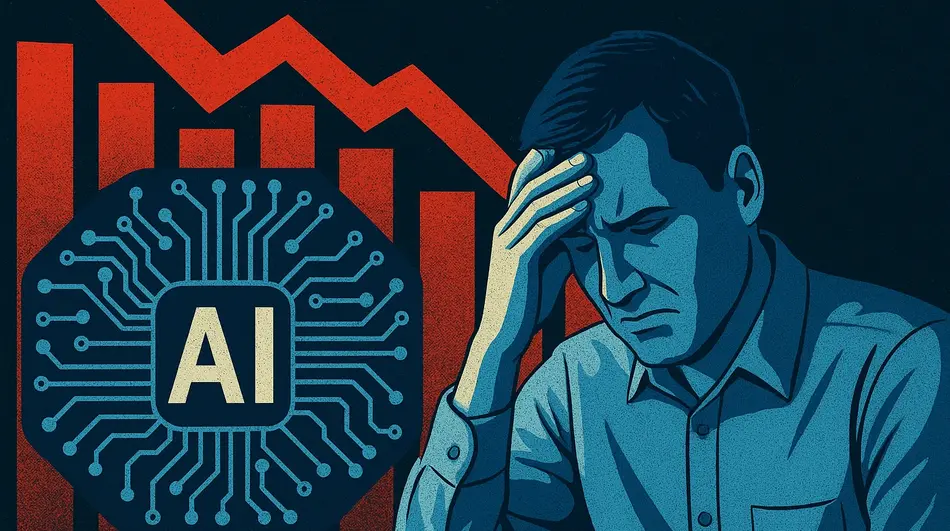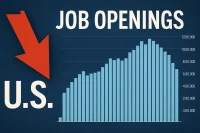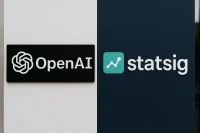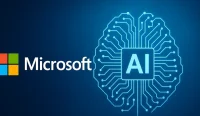The AI slop career revolution has been impossible to ignore over the past few years. Every week brings another headline about a new breakthrough, tool, or company promising to revolutionize how we work. AI is being marketed as the future where everything is faster, cheaper, and more efficient. While AI is undoubtedly powerful and already changing how we search, create, and communicate, there’s a significant problem lurking beneath the glossy PR campaigns. Much of what’s being produced right now is what industry experts call “AI slop” – low-quality, generic, soulless output that’s quietly eroding careers, industries, and our ability to innovate.
Table of Contents
The Rise of AI Slop: From Innovation to Imitation
The AI slop career impact began when companies desperate to cut costs and chase the latest trends started sprinting toward AI implementation without considering the long-term consequences for their businesses, employees, and customers. This phenomenon represents a fundamental shift from thoughtful innovation to mindless automation that prioritizes speed and cost over quality and human expertise.
The problem started innocently enough. In late 2022, ChatGPT burst onto the scene, making AI accessible to anyone with an internet connection. Suddenly, people could type in a prompt and get back an essay, poem, business plan, or piece of code. It felt magical, and within months, AI startups were popping up faster than anyone could track. In 2023 alone, investors poured more than $25 billion into AI-related companies, with Microsoft announcing its $10 billion investment in OpenAI and Google scrambling to release Bard.
The Corporate AI Arms Race and Its Consequences
The AI slop career impact became most evident when executives started viewing AI not as assistance, but as replacement. The logic seemed simple: why pay someone a full salary when you can automate 70% of their work with a tool that costs only $20 a month? This mindset led to “AI everywhere” initiatives where tools were rolled out not because they were the best solution, but because leadership felt pressured to appear innovative or future-ready.
The problem was compounded by the fact that the people making these decisions often had no real understanding of how AI worked or what its limitations were. They didn’t have the expertise to implement it properly or train their workforce to use it effectively. Instead of thoughtful integration, they rushed implementation, forcing AI into workflows where it didn’t belong.
What AI Slop Really Looks Like in Practice
AI slop manifests in various forms across industries. It’s blog posts that sound identical regardless of which company wrote them. It’s marketing emails full of buzzwords with zero substance. It’s stock images that all look vaguely similar. It’s social media posts that summarize someone else’s content and end with a motivational cliché. It’s AI-generated sales and training videos delivered by robotic voices or one-way interviews with AI avatar recruiters.
The core issue isn’t just that this content is low quality – it’s that it’s literally everywhere. When everyone uses the same AI tools trained on the same data, we all start producing identical outputs. This creates a feedback loop of recycled, shallow ideas that ironically makes it harder to stand out if you actually have something valuable to say.
The Real-World Impact on Jobs and Careers
The AI slop career impact is already visible in the job market. Companies are laying off staff while announcing new AI investments in the same breath. In 2024, IBM paused hiring for thousands of roles it said could be replaced with AI. Duolingo laid off contractors in favor of AI-generated content. Chegg’s stock plummeted after admitting AI was impacting growth, then pivoted to integrate AI themselves.
Even industry leaders are being blunt about the changes. Nvidia CEO Jensen Huang has stated directly that “some jobs are going to disappear because of AI” and that “if you’re not using AI, you’re going to lose your job to somebody who uses AI.” OpenAI CEO Sam Altman has been equally direct, stating that “there are classes of jobs that are going to totally go away.”
Looking to Hire Fast?
Hiring managers can now post jobs for free on WhatJobs and connect with millions of jobseekers.
👉 Post a Job Now →The Path Forward: Using AI as a Complement, Not a Replacement
The good news is that AI itself isn’t the villain – it’s how it’s implemented and used. When AI is built on actual knowledge and real-world experience, trained by people with deep expertise rather than being a cheap, thrown-together tool, there’s genuine value in it. If we treat AI as a complement – a way to take grunt work off our plates so we can focus on more strategic, creative, or human parts of our jobs – it can help us innovate faster and make better decisions with more accurate data.
The challenge for companies, leadership teams, workers, and all of us is to resist the temptation to hand over the keys completely. The future of work doesn’t have to be soulless, but it will be if we’re not very careful about how we integrate AI into our professional lives.
Frequently Asked Questions
What is AI slop and how does it impact careers?
AI slop refers to low-quality, generic, soulless output produced by AI tools when used without proper expertise or oversight. The AI slop career impact includes job displacement, skill atrophy, and reduced quality in professional outputs across industries.
How is AI slop affecting the job market?
The AI slop career impact is visible in companies laying off staff while investing in AI, reduced job openings in AI-exposed occupations, and lower pay for remaining positions. Young workers are particularly affected, with employment declining by 13% in AI-exposed roles.
What industries are most affected by AI slop career impact?
Industries most affected include content creation, marketing, graphic design, customer service, and software development. These sectors are seeing increased automation of routine tasks and a corresponding decrease in human employment opportunities.
How can professionals protect themselves from AI slop career impact?
Professionals can protect themselves by developing skills that complement AI rather than compete with it, focusing on creativity, critical thinking, and emotional intelligence. They should use AI as a tool to enhance their work rather than replace their thinking and judgment.




